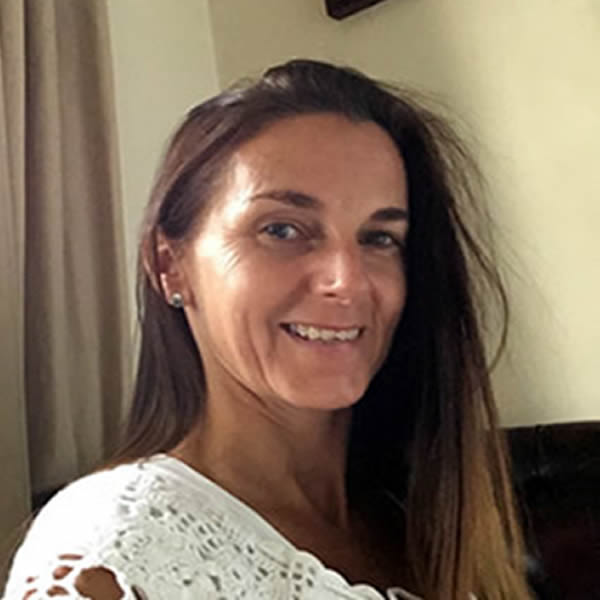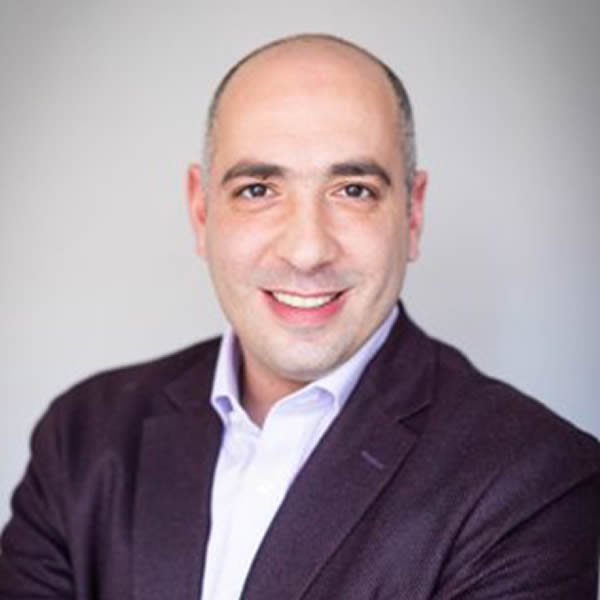Endometrial Ablation
Many woman experience problems like heavy bleeding during their periods; prolonged periods with a lot of bleeding; or bleeding between periods. One of the ways of dealing with these problems is to remove or destroy the lining (endometrium) of the womb (uterus). This is called endometrial ablation.
It is done when it is not possible to identify a specific, potentially treatable, cause for the heavy bleeding such as the presence of polyps which are non-cancerous growths that form on the lining of the womb that can sometimes bleed a lot or a hormone problem which can also sometimes cause a lot of bleeding. When a specific cause cannot be found, endometrial ablation is a very good option to correct the problem.
The Operation
It is possible that for a period of time before the operation (sometimes up to two months) you will need to take medications (possibly in the form of injections) that will decrease the thickness of the lining of the womb. This will make the operation easier as it will reduce the blood loss during the operation and increase the chances of success. The operation can be done as a day surgery case. This means that you can go home the same day of the operation usually a few hours after it is completed.
The operation lasts between 30 and 45 minutes. The operation is usually carried out under general anaesthetic. This means that you will be asleep and unconscious and you will not feel pain during the procedure. he operation starts with a hysteroscopy which allows the surgeon to have a look in the womb by using a special telescope which is connected to a TV monitor. The telescope (and any other instruments that are needed during the operation) is entered into the womb by passing it first through the vagina and then through the cervix which is the entrance of the womb lying in the deep part of the vagina.
Although the modern telescopes used in such procedures are very thin, in most cases, the surgeon will need to dilate (widen/open up) the cervix by using a special device so that he can pass the telescope or other instruments into the womb. The inside of the womb is a collapsed cavity and the surgeon needs to inflate it by using a special liquid so that he can see everything clearly.
The lining of the womb can be destroyed by using many different techniques. The most common one is by using the wire loop of an electrocautery device. This is a device that burns the lining of the womb and at the same time stops any bleeding. (
Another commonly used method is the insertion in the womb of a triangular balloon which when inflated has the shape of the cavity of the womb. The balloon is inflated with fluid which is then heated for several minutes and eventually destroys the lining of the womb. (Balloon Ablation)
Freezing techniques, microwaves or laser ablation have also been used, but there is no clear proof that they offer any substantial advantages compared to the traditional methods.
Alternatives to Endometrial Ablation
If you leave things as they are the bleeding related to your periods, although not directly life threatening, will continue to severely affect the quality of your life. The only alternative to endometrial ablation is a hysterectomy which is an operation to remove the womb. This obviously offers a definitive solution to the problem but is a relatively big operation, and more difficult and complicated compared to endometrial ablation.
In most cases it is recommended that a patient has an endometrial ablation first and if this doesn’t work to then consider a hysterectomy. You have to remember that an ablation can affect your fertility (ability to stay pregnant) and obviously it is not an operation you should have if you still want to have children.
In addition, you should not have the operation if there is any suspicion that you might have cancer in the womb. In this situation you will clearly need more radical/extensive treatment such as a hysterectomy.
Before the operation
- Stop smoking and get your weight down if you are overweight. If you know that you have problems with your blood pressure, your heart, or your lungs, ask your family doctor to check that these are under control.
- Check you have a relative or friend who can come with you to the hospital, take you home, and look after you for the first week after the operation.
- Sort out any tablets, medicines, inhalers that you are using. Keep them in their original boxes and packets. Bring them to the hospital with you.
- On the ward, you will be checked for past illnesses and will have special tests to make sure that you are well prepared and can have the operation as safely as possible. Please tell the doctors and nurses of any allergies to tablets, medicines or dressings.
- You will have the operation explained to you and will be asked to fill in an operation consent form. Before you sign the consent form, make sure that you fully understand all the information that was given to you regarding your health problems, the possible and proposed treatments and any potential risks. Feel free to ask more questions if things are not entirely clear.
- Any tissues that are removed during the operation will be sent for tests to help plan the appropriate treatment. Any remaining tissue that is left over after the tests will be discarded.
- Before the operation and as part of the consent process, you may be asked to give permission for any ’left over’ pieces to be used for medical research that have been approved by the hospital. It is entirely up to you to allow this or not.
- Many hospitals now run special preadmission clinics, where you visit a week or so before the operation, where these checks will be made.
After – in hospital
You will have a sanitary pad in place. The drugs given for a general anaesthetic will make you clumsy, slow and forgetful for about 24 hours. The nurses will help you with everything you need until you can do things for yourself. Do not make any important decisions, do not drive, do not use machinery at work or at home, do not even boil a kettle during this time.
Any pain will usually settle quickly after you have been to the operating theatre. But you may be left with some tummy discomfort. Take the painkillers you would normally use for painful periods. Although rare, you may need injections of painkillers to control the pain. For about a week or two you will experience slight bleeding similar to the kind you get at end of a period. You should only use external pads for any loss. Do not use tampons.
You can start taking the contraceptive pill the day after the operation, even if you are bleeding. You can bathe or shower as often as you wish. The nurses will advise about sick notes, certificates, etc.
Even though the ablation will most likely affect your ability to stay pregnant there is still a very small possibility that you can get pregnant within a few weeks of the procedure and you should use appropriate contraception if you do not want to conceive. You can resume sex three weeks after the procedure, as long as you are not experiencing any bleeding or discharge.
Possible complications
If you have the operation under general anaesthetic there is a very small risk of complications related to your heart or your lungs. The tests that you will have before the operation will make sure that you can have the operation in the safest possible way and will bring the risk for such complications very close to zero. An endometrial ablation is a routine and safe procedure. Complications are rare, they happen in about 1 to 2 per cent of cases but they can sometimes be serious.
- Very rarely, you can have a reaction to the liquid that is used to inflate the cavity of the womb. This must be recognised promptly and can usually be controlled with medication.
- It is possible that after the procedure you can get an infection inside the womb. Sometimes the infection spreads to the Fallopian tubes which connect your ovaries to the womb or even to the rest of your pelvis (the lower part of your abdomen where your womb is situated). If this happens, you will need antibiotics given via a very thin plastic tube placed in one of your arm veins (small draining blood pipe) to control the infection. This might need to be done in hospital if the infection is serious and spreads outside the womb.
- Finally, relatively rarely, the instruments used during the procedure can cause a hole in the womb and may even damage other organs around the womb such as the bowel and large blood vessels. If this happens you will need another operation to fix the problem.
The operation is very often successful. Most studies show that 80 to 90 per cent of women are very pleased with the result. About half of them have no periods and the rest experience only light bleeds. However, the same studies show that five years after the operation, about one third of women will require another procedure for the same problem and this second procedure is frequently a hysterectomy.









Leave a Reply
Want to join the discussion?Feel free to contribute!